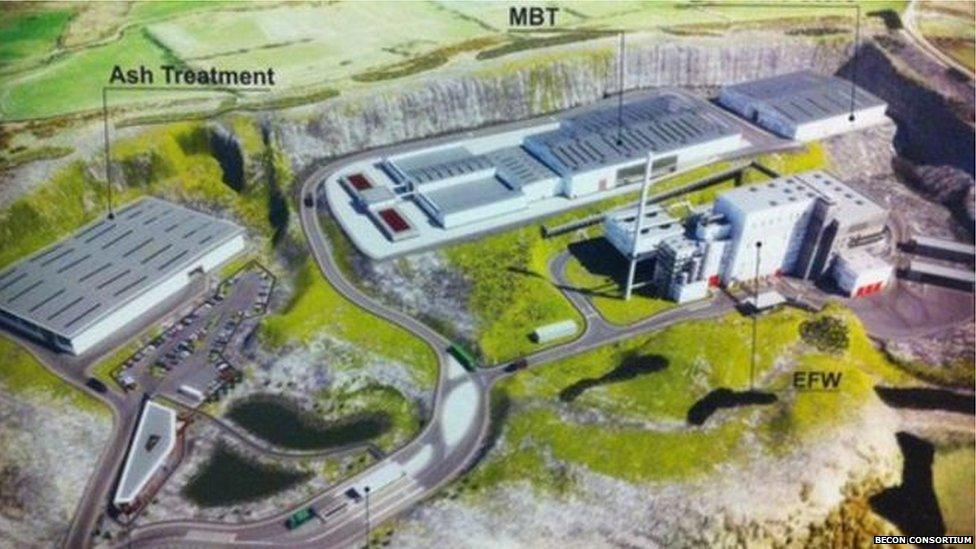NI broadband network improvements explored
- Published
More needs to be done to improve broadband speeds in rural areas, says Ofcom's James Stinson
The Department for the Economy (DfE) is "exploring" whether it can progress work to improve the broadband network without a minister.
DfE is carrying out a consultation to find out which areas of NI have the slowest broadband speeds.
The work is due to be paid for with £150m from the DUP and Conservatives' confidence and supply deal.
DfE said it is exploring whether the projected timescale for the work can also change.

DfE is carrying out a consultation to find out which areas of NI have the slowest broadband speeds
Postcode check
The DfE consultation asks the public to check if their postcode is in an area which is unable to access 30 megabits per second (mbps) broadband speeds, external - commonly the threshold speed for superfast broadband.
Rural areas were worst affected.
The confidence and supply deal said the UK government would "contribute £75m per year for two years to help provide ultra-fast broadband for Northern Ireland".
Ultra-fast broadband provides speeds of 300mbps of more, according to Ofcom.
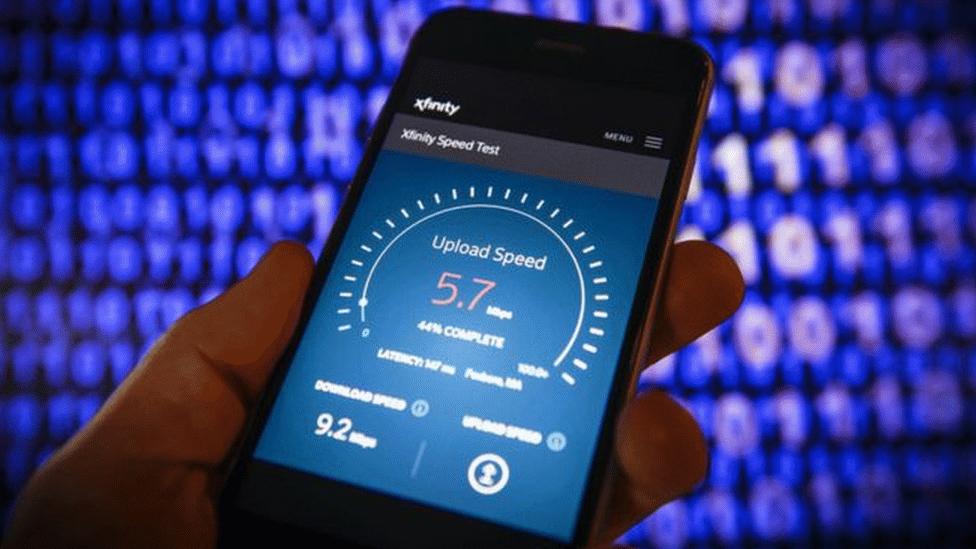
Previous research by Ofcom has shown that about 40,000 premises still cannot get the broadband speeds required by a typical user
However the department has now said the aim is to improve broadband for Northern Irish homes and businesses unable to access speeds of 30mbps or greater.
DfE also said the confidence and supply agreement did not specify in which two years the £150m had to be spent.
'Tight timeframe'
"However recent indications are that these will be 2020-21 and 2021-22," the department told BBC News NI.
Yet according to DfE, industry representatives have expressed concern whether the money can be spent in such a tight timeframe.
Therefore the department is negotiating with the UK government over whether the timescale for using the money and carrying out the work can change.
DfE also said it was exploring whether it could issue a tender for the work in the absence of an economy minister.
"Assuming that the project business case is fully approved, and a positive outcome to the open procurement is achieved we anticipate contract award by the end of quarter three in 2019 and the first deployment of infrastructure by April 2020."
- Published18 December 2018

- Published21 December 2018
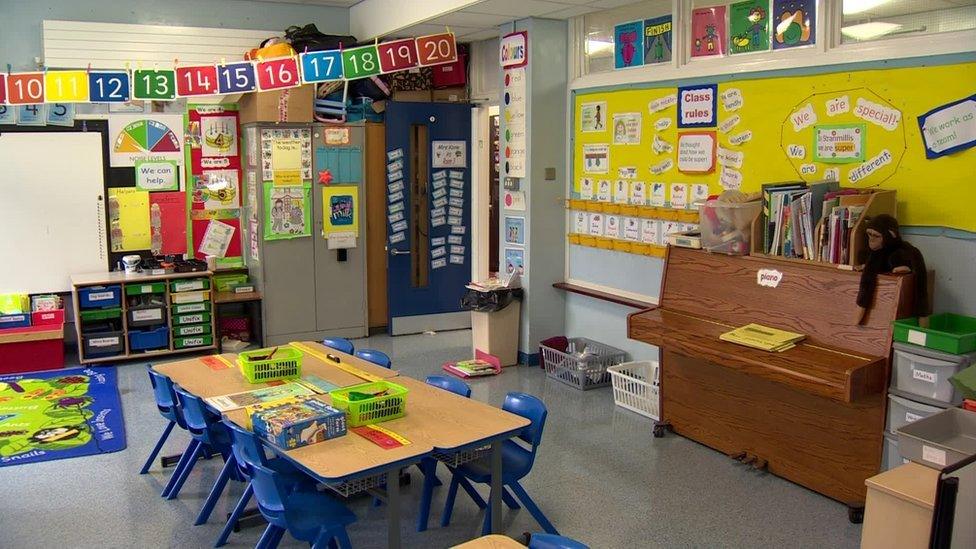
- Published24 October 2018
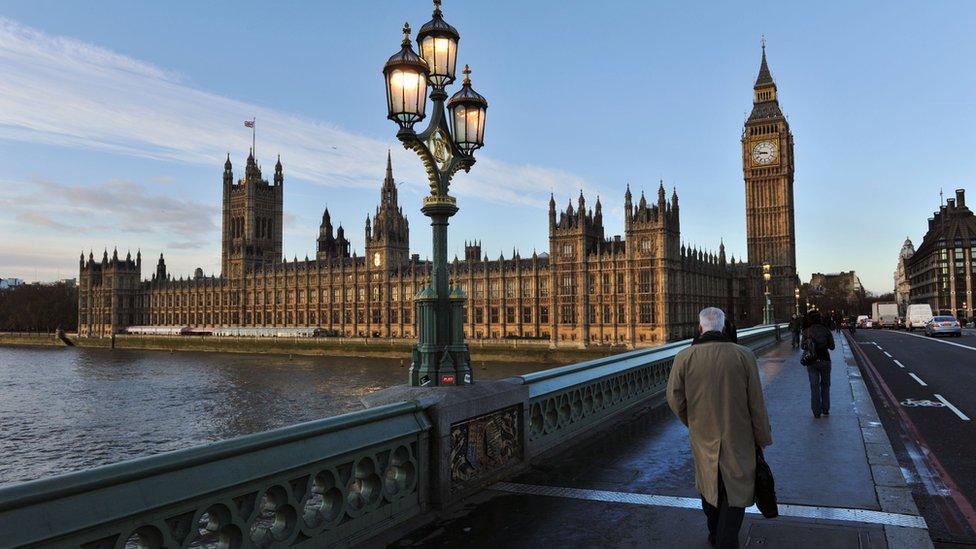
- Published26 June 2018
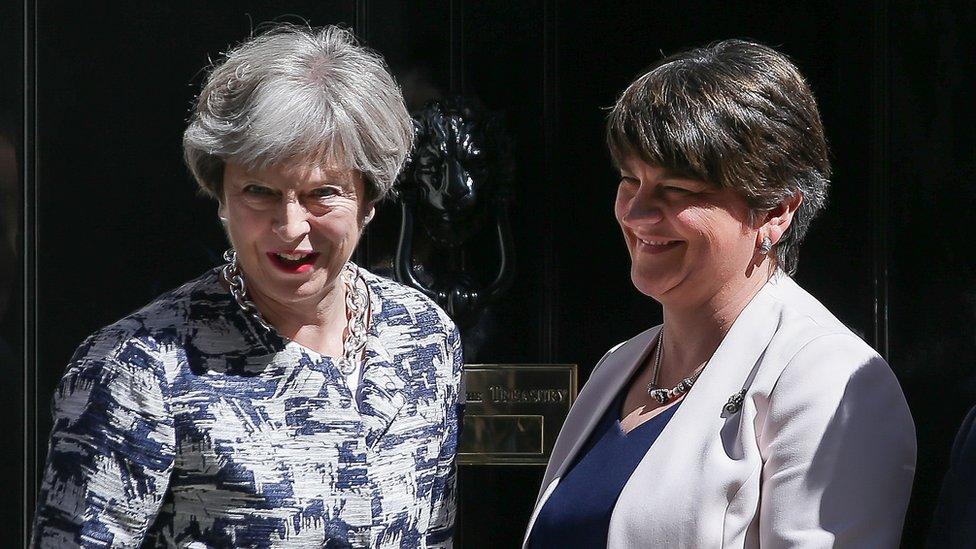
- Published14 May 2018
